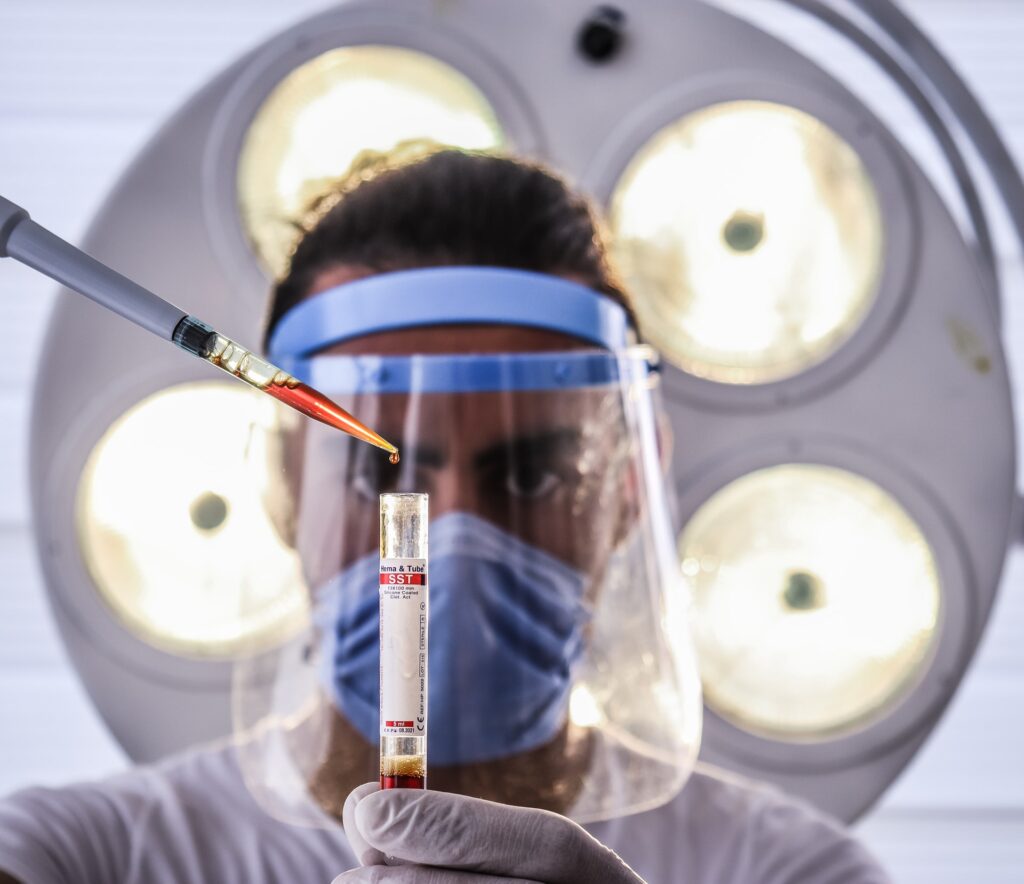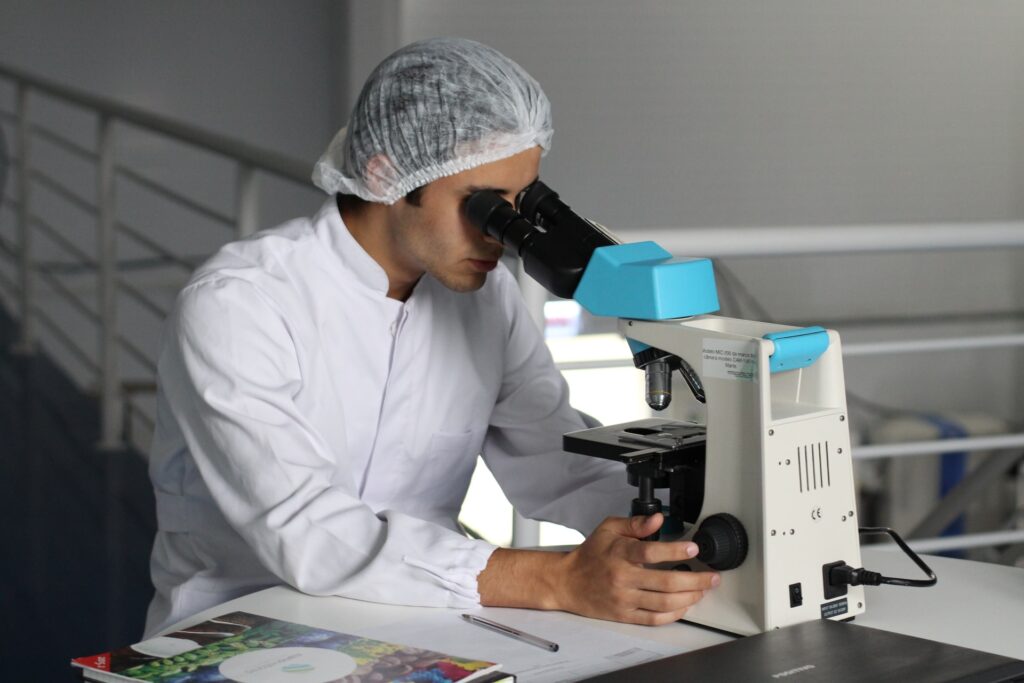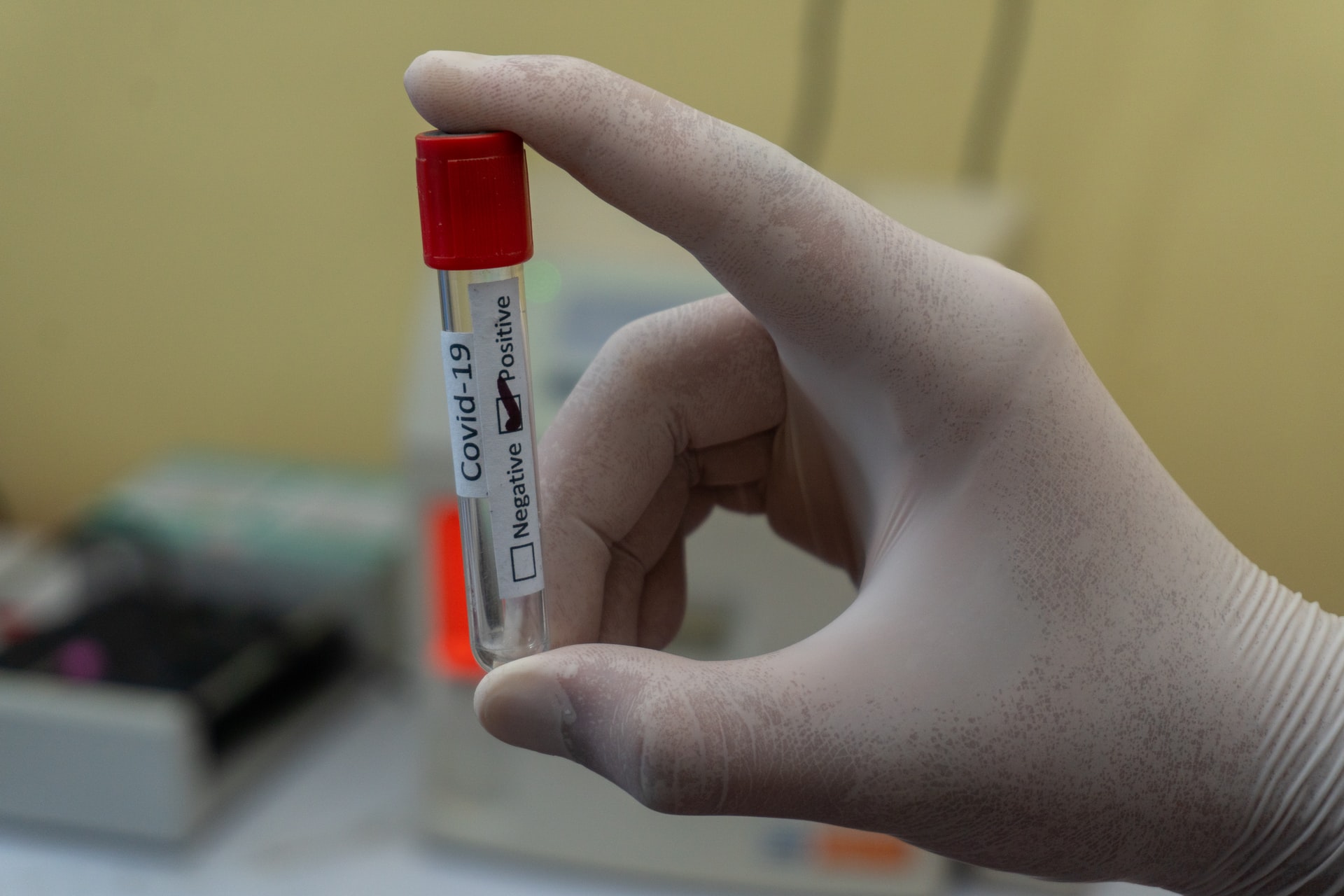PCR Test Glasgow: What You Need To Know
The significance of reliable, accessible testing to screen for Covid-19 has been increasingly evident in Glasgow during the Covid-19 crisis. Antigen and PCR test Glasgow for Covid-19 use swab samples to verify whether the infection with the SARS-CoV-2 virus is present.
Coronavirus is a type of flu viruses. It is caused by a strain of influenza viruses (influenza type A).
The most common symptoms of Coronavirus are the onset of flu-like symptoms such as cough with yellow or green mucus, wheezing and fever. Other symptoms of Coronavirus are swollen lymph nodes, sore and dry throat, severe headaches, tiredness, weight loss, nausea, vomiting and stomach pain. Allergies may also occur, although in most cases, these can be attributed to other causes. Coronavirus is extremely contagious and can spread easily through direct contact or via respiratory fluids such as tears, noses, mouth and even tears ducts.
The first symptoms of Coronavirus were a mild case of fever, headache and body ache. However, this has now become much more common in children, particularly those who have not received any vaccinations. The Coronavirus pandemic continues to spread, and the World Health Organization has stated that all areas of the world are at risk of experiencing a global pandemic of the virus. This pandemic is expected to last until the world develops strong ‘herd’ immunity.
What Is A PCR Test And How Does It Work?
PCR testing is a quick and precise approach to identifying infectious illnesses and genetic alterations. The tests function by looking for pathogen (disease-causing organism) DNA or RNA, as well as aberrant cells, in a sample.
DNA or RNA is found in the majority of viruses and other diseases. Unlike most other tests, the PCR test Glasgow can detect the disease even in the early stages of infection. Other types of Covid-19 testing are not as efficient as PCRs, because for them to detect the virus there has to be a high level of infection with the virus or other pathogens in the sample, or your body hasn’t had enough time to generate an antibody response.
Antibodies are proteins produced in your immune system to fight external invaders like viruses and bacteria. When there is only a minimal number of pathogens in your body, PCR tests are used to detect disease.
The small amount of genetic material in a sample is copied numerous times during a PCR test. Amplification is the term for the process of copying. If pathogens are present in the sample, amplification will make them visible.

How Are They Put To Use?
PCR testing is used for a variety of purposes, including:
- Determine the presence of infectious illnesses.
- Identify a disease-causing genomic mutation.
- Find minuscule numbers of cancer cells which go undetected by other tests.
How Do They Function?
COVID-19 is one of the viruses that is made out of RNA instead of DNA. Before these viruses may replicate, their RNA must be converted to DNA. Reverse transcription-polymerase chain reaction (PCR) is the name for this method.
However, the presence of a pathogen is detected using PCR and rtPCR. Quantitative PCR (qPCR) is a form of PCR that measures the number of pathogens in a sample. qPCR can be performed simultaneously with PCR or rtPCR.

Do I Need To Prepare For A PCR Test Glasgow?
A PCR test does not require any extra preparation and takes on average a few minutes to be performed. The time-consuming part is the analysis which provides the ultimate results.
Are There Any Dangers Associated With A PCR Test Glasgow?
Taking a blood test carries relatively little risk. You may experience little pain or discomfort when the test is performed, but most symptoms fade rapidly.
A nasal swab may tickle the throat or make you cough. However, all of these effects are fleeting.
Conclusion
Many infectious diseases, like COVID-19, are identified via PCR tests, regarded as the best and most successful way to detect such infections. PCR testing is also essential in reducing disease transmission since they may often diagnose before the first symptoms of infection appear. As a result, the PCR test Glasgow has been in high demand since its the most accurate one and is extensively used to determine whether a person is a carrier or not.

Sophie Blake is a beauty writer passionate about exploring skincare innovations and cosmetic trends. She focuses on creating informative content that helps readers make informed choices about beauty products, wellness routines, and self-care practices.


